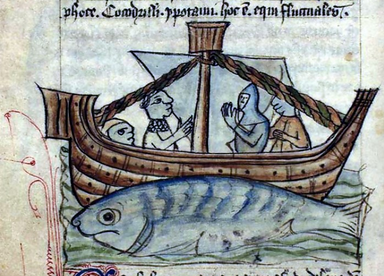Editor-at-Large for Palestine and Book Club Manager Carol Khoury’s translation of Mahmoud Shukair’s YA book Ghassan Kanafani . . . The Eternal was released on Jan 14th in Ramallah, Palestine. The book is published jointly by Tamer Institute for Community Education, the Palestinian Ministry of Culture, and Palestine’s Forum for Arabic Literature.
Visual Editor Heather Green was the recipient of the inaugural Albertine Translation Prize in Fiction for her translation of Isabelle Sorente’s La femme et l’oiseau, or The Woman and the Falcon. As a member of the judging committee for the first National Book Critics Circle’s Barrios Prize for a book translated into English, she wrote about Jazmina Barrera’s Linea Nigra for the longlist appreciation in Words Without Borders.
Ian Ross Singleton, Nonfiction Editor, was interviewed on the Haight Ashbury Literary Review podcast about his novel Two Big Differences.
Outgoing Director of the Educational Arm Kent Kosack published short stories in Necessary Fiction and the Four Way Review.
Assistant Managing Editor (Fiction) Laurel Taylor’s experimental translations from the Japanese appeared in Ancient Exchanges.
Assistant Editor (Poetry) M.L. Martin published new translations from W&E, a refracted translation of “Wulf and Eadwacer” (forthcoming from Action Books) in the latest issue of Gulf Coast. Find out more on her website here. READ MORE…





